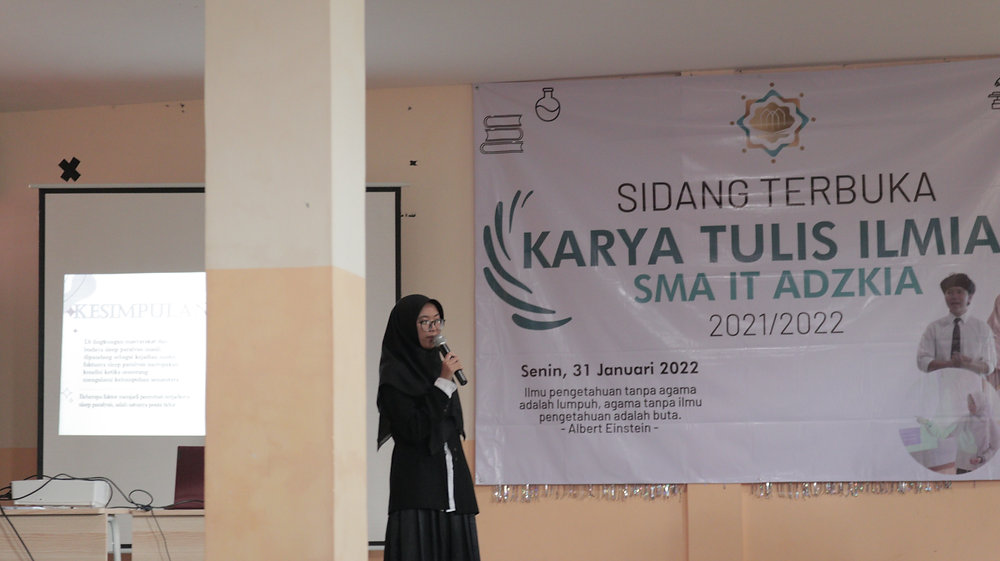From various accounts of notable scholars found in works such as Qimatuz Zaman Indal Ulama by Abdul Fattah Abu Ghuddah and Uluwul Himmah by Sheikh Muhammad Al-Muqaddam, we can pose a fundamental question: What are the strategies and secrets behind their fervor for creation?
Why were scholars in the past able to be so productive, despite the lack of advanced writing facilities? There were no tools like Microsoft Word for storing or editing text, nor photocopiers to reproduce their works. They had only paper, pens, and ink—often with limited access to these resources. If they wished to replicate their writings, they had to dictate or transcribe manually.

It is crucial to emphasize this point. In answering this question, several factors come to light. First and foremost, scholars wrote and created out of sincerity, viewing it as an investment for good deeds in the hereafter. Each piece of writing produced is intended to be a source of ongoing benefit, generating rewards in proportion to the benefits experienced by its readers.
Moreover, writing represents an intellectual endeavor by scholars of the past aimed at transmitting knowledge to future generations. Writing served as a means for scholars to disseminate knowledge, transcending mere hobby, as they were the heirs to the legacy of the Prophets.
A Hadith states that scholars are the heirs of the Prophets.* Every written work that is read, studied, and analyzed becomes a form of continuous charity for its author, akin to passive income for those who desire ongoing rewards, even after death. The Prophet Muhammad (peace be upon him) said:
عَنْ أَبِي هُرَيْرَةَ أَنَّ رَسُولَ اللهِ صَلَّى اللهُ عَلَيْهِ وَسَلَّمَ قَالَ: إِذَا مَاتَ الْإِنْسَانُ انْقَطَعَ عَنْهُ عَمَلُهُ إِلَّا مِنْ ثَلَاثَةٍ:
صَدَقَةٍ جَارِيَةٍ، أَوْ عِلْمٍ يُنْتَفَعُ بِهِ، أَوْ وَلَدٍ صَالِحٍ يَدْعُو لَهُ
“When a person dies, their deeds cease except for three: a continuous charity, beneficial knowledge, or a righteous child who prays for them.” (HR. Muslim)










